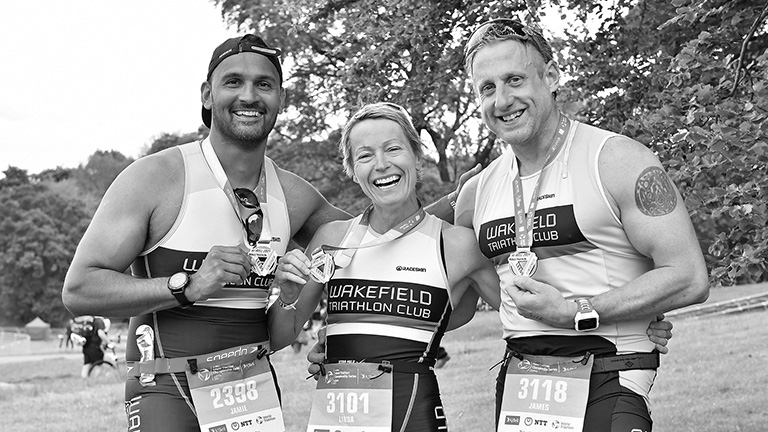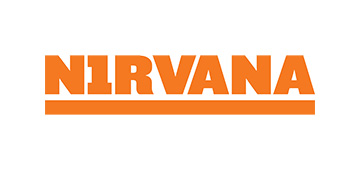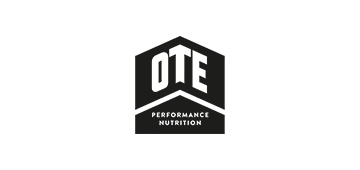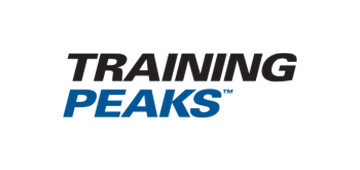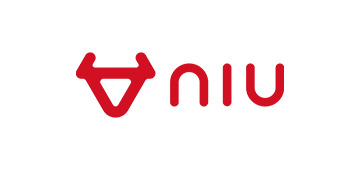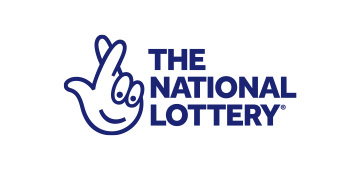Parents play a pivotal role in encouraging and supporting their child’s participation, success and fun when playing sport.
British Triathlon believes that the welfare of young people is everyone’s responsibility, particularly when it comes to protecting young people from abuse. We encourage parents, clubs and everyone involved in our sport to work together create the best environment for young people to thrive.
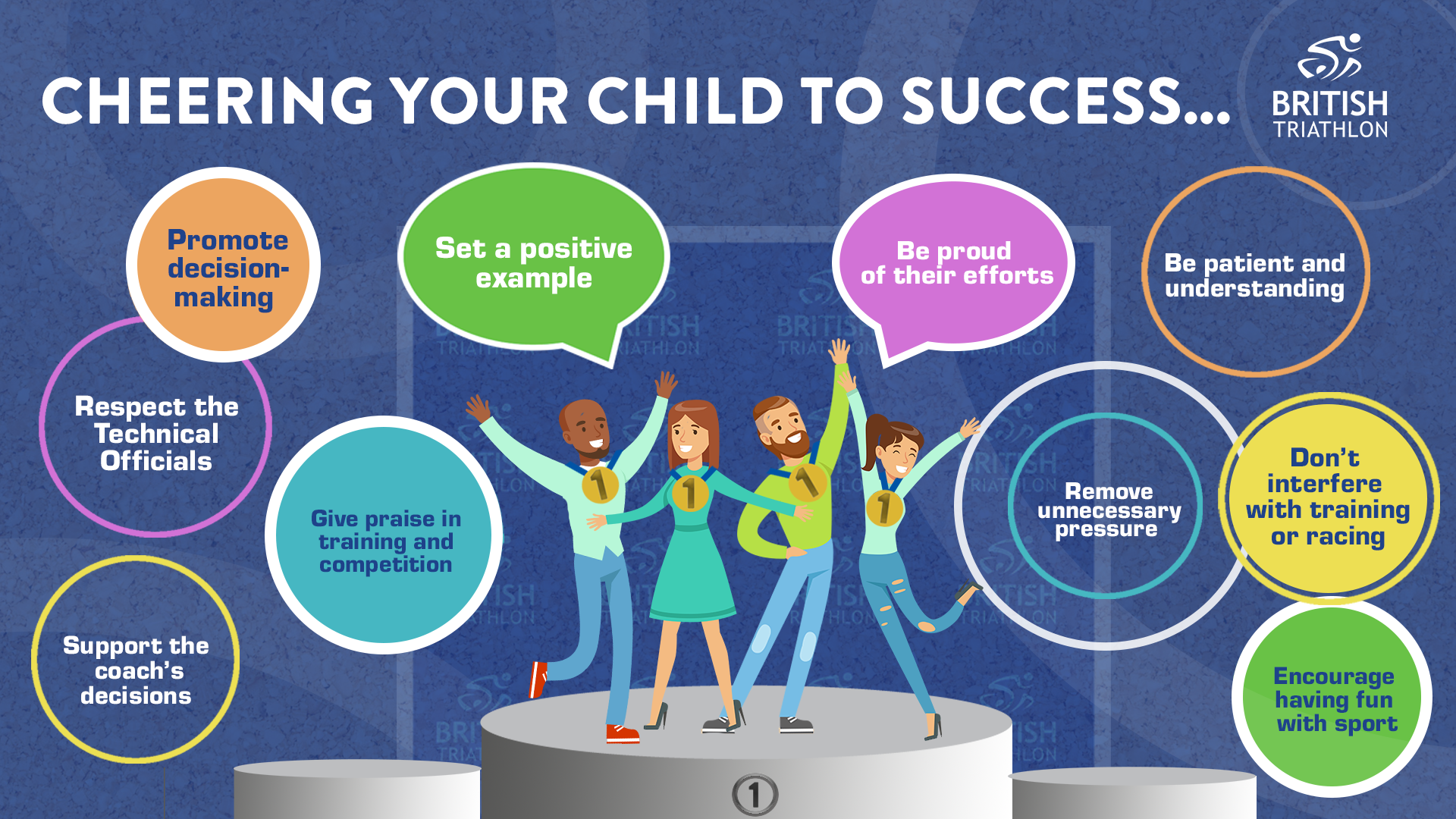
Why Parent/Carers are important to children's participation in triathlon?
Parents/carers are important to sport because they can:
- Encourage their children to take up, enjoy and achieve
- Support their children in practical ways - such as providing transport or buying kit
- Support their children effectively by being aware of club rules and participation guidelines at training sessions and events
- Help out with activities
- Become coaches, helpers and volunteers within the club
- Help out with things such as club websites and fundraising
- Support and motivate their child and/or the team
- Reinforce positive aspects of sports participation
Helping children reach their full potential
To continue to ensure a child reaches their full potential and enjoys their time playing sport, parents need to consider:
- What do they want their child to get out of sport? Is it the same as what their child wants?
- Do they understand what their child is trying to achieve and what support they need to achieve it?
- Are they being the best role model they can be to help their child enjoy their sporting experience?
- Are they focused on their child's development and enjoyment?
Poor Parental behaviour at training sessions and events
Often, complaints and concerns arise about the negative behaviour of some parents and the impact this can have on their own and other children, coaches, officials and the club itself.
The behaviour of some parents can be challenging. They may:
- Get carried away on the sidelines – leading to intimidating, aggressive, threatening or abusive behaviour towards their own or other children, coaches, officials or other parents and spectators
- Push their child to achieve in sport while neglecting other aspects of their lives
- Have a ‘win at all costs’ approach to their child’s participation in sport
- Have aspirations for, or expectations of, their child that are not realistic or that differ from those of the club
- Are verbally or physically abusive towards their own or other children during or following competitions
- Make negative comments about their child or other children’s efforts, or mock and humiliate them
- Threaten or fight with coaches, officials or other spectators
- Contradict the advice of the coach
Effects of poor parental behaviour
Poor parental behaviour can affect young participants in a variety of ways:
- Threatening words or behaviour, regardless of who this is directed at, are frightening and upsetting for children
- Behaviour such as this certainly contravenes the parents' (and spectators') code of conduct
- In extreme cases, it may also constitute criminal actions that result in the involvement of the police
- Shouting from the side-lines may disrupt the attention of the athlete
- Parental ‘advice’ may distract athletes from what the coach is telling them, particularly if they're giving conflicting information
- Children can be embarrassed by parents who draw attention to themselves in negative ways
- Children may be worried that their parent’s behaviour will annoy the coach or affect their selection.
- Consistently bad parental behaviour can lead to the child’s exclusion from their sport
- Focus on the sports activities at the expense of other aspects of the child’s life can put undue pressure upon the child, impact upon their social and educational development and potentially lead to disappointment if the child does not meet expectations
- Negative feedback to a child can undermine their confidence, with the possible result that the child underperforms or withdraws from the sport
How to act on concerns
It is not your responsibility to determine if abuse has taken place, however, it is your responsibility to act upon and report any concerns.
If you have any concerns regarding a young person or if a young person informs you directly that he/she, or another young person, is concerned about someone’s behaviour towards them you should:
- React immediately
- Remain calm, so not to frighten or deter the young person
- Tell the young person that he/she is not to blame and that he/she was right to tell
- Make a detailed note of your observations and/or what was said exactly
- Contact the Club Welfare Officer immediately, if they are unavailable or part of the concern contact the British Triathlon’s Lead Child Protection Officer
- You can use the 24 hour free telephone helplines for advice
NSPCC 0800 800 500
Childline 0800 1111 Useful Contacts
British Triathlon Lead Child Protection Officer - 01509 837137
Local Club Welfare Officer
What is a Club Welfare Officer?
• A Club must nominate a Club Welfare Officer who will advise and ensure that child welfare and protection is being adhered to in the Club.
• They will be the point of contact for all Child Protection concerns and queries.
• The Club Welfare Officer must be DBS checked.
• The Club Welfare Officer must attend relevant training to enable them to fulfil their role.
What can I do to learn more?
You could view the British Triathlon Safeguarding Policy Document which provides relevant information about the policies and procedures that all clubs should implement into their ethos. You can view the document here
You can also view the information on the NSPCC Website or the CPSU Webiste.


